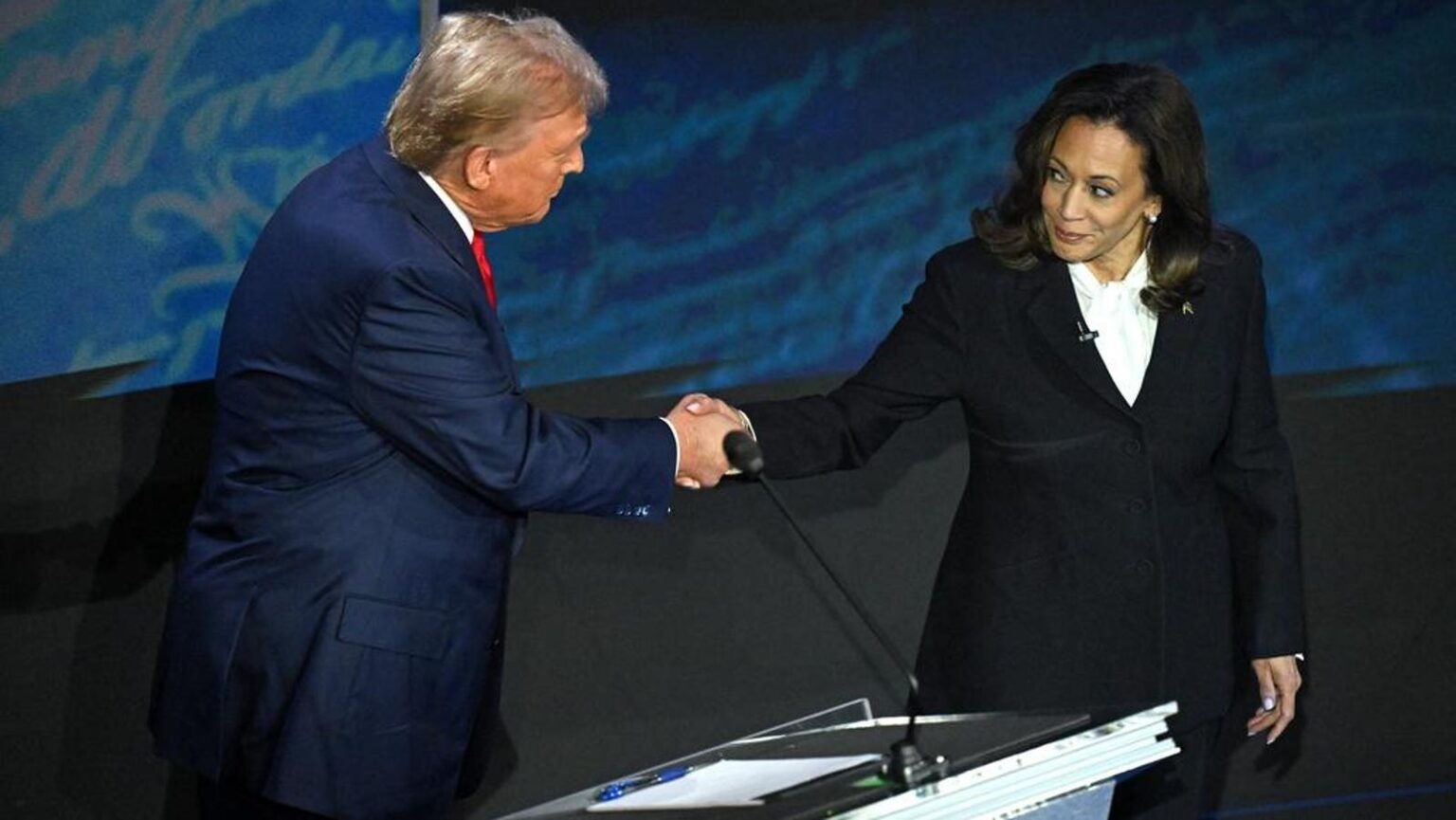As the 2024 U.S. presidential election approaches, investors are paying close attention to how the political landscape may influence market opportunities. With both Donald Trump and Kamala Harris potentially at the helm, specific sectors and stocks are predicted to fare well depending on the election’s outcome. Understanding the implications of each candidate’s policies is essential for capitalizing on possible market shifts, and investors can position their portfolios accordingly.
If Donald Trump wins the election, various sectors are likely to see notable upward movement. Energy stocks, particularly those focusing on fossil fuels, would benefit significantly from a potential deregulation environment. Major companies such as Exxon Mobil (XOM) and Chevron (CVX) have historically thrived under Trump’s policies, and smaller shale players like Pioneer Natural Resources (PXD) are also expected to gain traction. Defense contractors, including Lockheed Martin (LMT), Northrop Grumman (NOC), and Raytheon Technologies (RTX), could also see increased profitability from Trump’s commitment to military spending. Additionally, financial institutions, such as JPMorgan Chase (JPM), Goldman Sachs (GS), and Morgan Stanley (MS), stand to profit from a rollback of regulatory measures, potentially leading to greater profitability. Further, the infrastructure sector, with companies like Caterpillar (CAT) and Vulcan Materials (VMC), may benefit from anticipated government investments, as Trump has consistently advocated for infrastructure development. Lastly, pharmaceutical giants like Pfizer (PFE), Merck (MRK), and Johnson & Johnson (JNJ) might enjoy continued support due to Trump’s historically favorable stance toward the industry, particularly concerning drug pricing policies.
Conversely, a win for Kamala Harris could shift the focus of investment opportunities toward clean energy and sustainability efforts. Harris’s commitment to combating climate change may significantly bolster clean energy companies, with firms such as First Solar (FSLR), NextEra Energy (NEE), and Tesla (TSLA) likely to benefit from increased government support and consumer demand. Infrastructure spending under Harris would likely prioritize green initiatives, leading investors to consider companies that integrate sustainability into traditional construction, such as Brookfield Renewable Partners (BEP) and Eaton Corporation (ETN). In the healthcare sector, Harris’s proposals to expand the Affordable Care Act could bring positive momentum to health insurers and hospital operators like UnitedHealth Group (UNH), Cigna (CI), and HCA Healthcare (HCA), creating opportunities for investment in that area. Furthermore, Harris’s support for cannabis decriminalization might positively impact companies like Canopy Growth (CGC) and Tilray (TLRY), although investors should heed the volatility associated with the cannabis industry. Also, with Harris highlighting the need for improved cybersecurity policies, firms like CrowdStrike (CRWD), Palo Alto Networks (PANW), and Fortinet (FTNT) may experience increased demand for their services.
Regardless of who wins the presidential election, certain investments are poised to perform well. One key investment consideration is the iShares Russell 2000 ETF (IWM), which tracks the small-cap segment of the U.S. equity market and often experiences a rally between election cycles. Including IWM in an investment portfolio offers broad exposure to small-cap stocks, potentially buffering against the specific impacts of individual political policies. Additionally, big tech companies such as Apple (AAPL), Microsoft (MSFT), and Alphabet (GOOGL) remain resilient and could weather political scrutiny while holding strong market positions. Consumer staples, represented by firms like Procter & Gamble (PG), Coca-Cola (KO), and Walmart (WMT), typically exhibit steady performance regardless of changing political climates, making them a reliable sector for investment. Finally, innovative healthcare companies like Moderna (MRNA) and Regeneron Pharmaceuticals (REGN) should be considered, as they are likely to thrive under either administration.
To optimize investment strategies in an unpredictable political landscape, diversification remains crucial. Investors are advised to avoid concentrating their portfolios in a single sector, irrespective of their confidence in a particular candidate’s victory. Taking a long-term perspective is also essential, as historical trends show that the market tends to rise over extended periods regardless of which party is in power. For those seeking a diversified yet focused approach, targeting sector-specific ETFs that align with the potential winner’s policies can provide exposure to favorable sectors while reducing the risk of single-stock investments. Implementing a dollar-cost averaging strategy can also prove beneficial, allowing investors to mitigate timing risks that may arise from election-related market volatility. Staying informed about policy proposals and changes is of great importance, enabling investors to adjust their strategies effectively as the political landscape evolves.
While the outcome of the upcoming election will strongly influence the stock market, it’s critical to recognize that other variables also significantly impact performance. Global economic conditions, rapid technological advancements, and unforeseen events can greatly affect stock values, regardless of the political climate. As the political atmosphere heightens leading into the election period, consulting with financial advisors ensures that investment strategies are in line with individual financial goals and risk tolerance. By staying informed, maintaining a diversified portfolio, and approaching the market with a long-term perspective, investors can navigate potential market shifts driven by the election outcome effectively while seizing opportunities that arise in either scenario.

